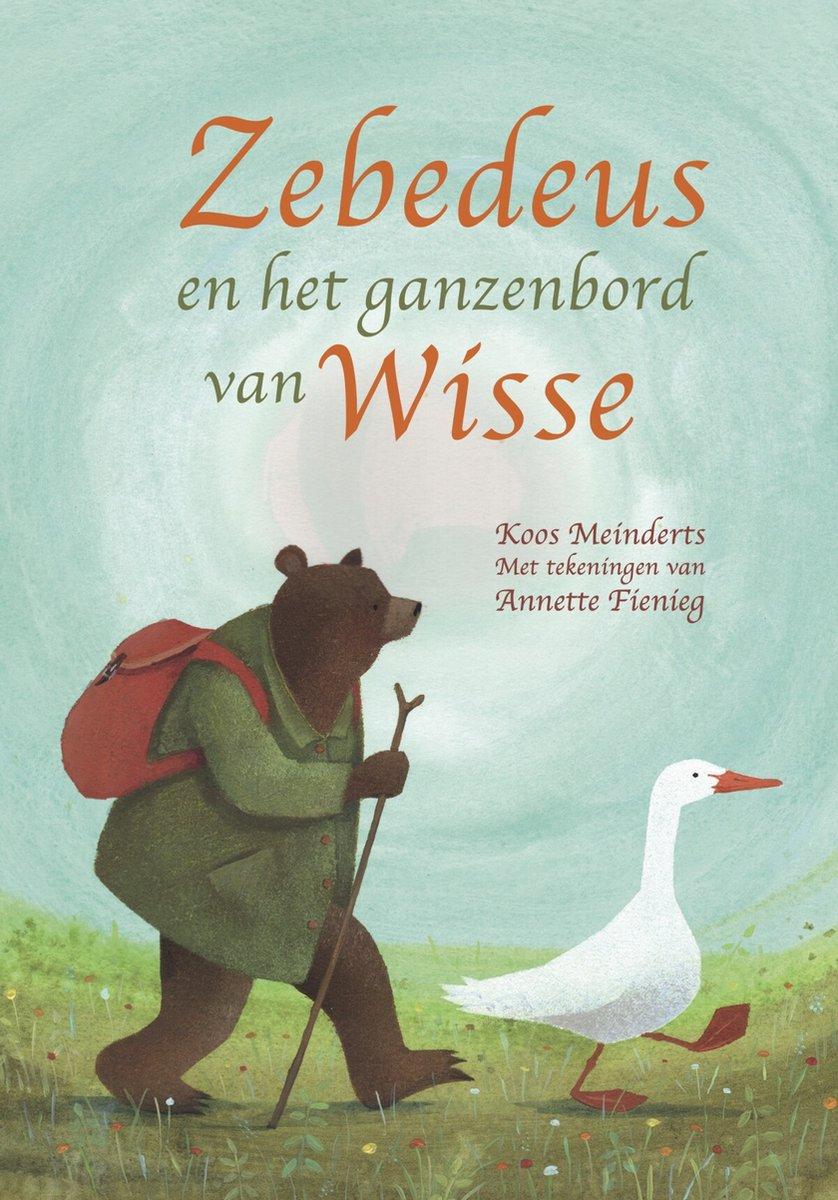Zebedeus and the Game of Goose
Koos Meinderts is not a writer of absolute truths, preferring instead to support the right to daydream. The humble bear Zebedeus is a perfect example of a Meinderts character. Zebedeus hesitates, wavers, hums and haws. One day, he receives a surprise in the post, a parcel containing a board game, the Game of Goose. ‘You can’t win, but you can’t lose either. All you can do is play,’ says Wisse, the mysterious sender, in his accompanying letter. The game is a metaphor for life and Zebedeus plays it as well as he can. Along the way, he has philosophical conversations with the characters he meets — conversations about freedom and choosing your own path, about longing for home and longing for faraway.

The language Meinderts uses is carefully chosen and amusing in an understated way. However, a veil of melancholy hangs over the story, as there’s an inevitability to Zebedeus’s adventures. The enigmatic Wisse represents the only certainty in life.
Like Meinderts, the illustrator Annette Fienieg applies a gentle touch to her creations. In her warm mixed-media paintings, we see Zebedeus with his red backpack heading towards that unavoidable, final certainty, full of wonder, but without fear.